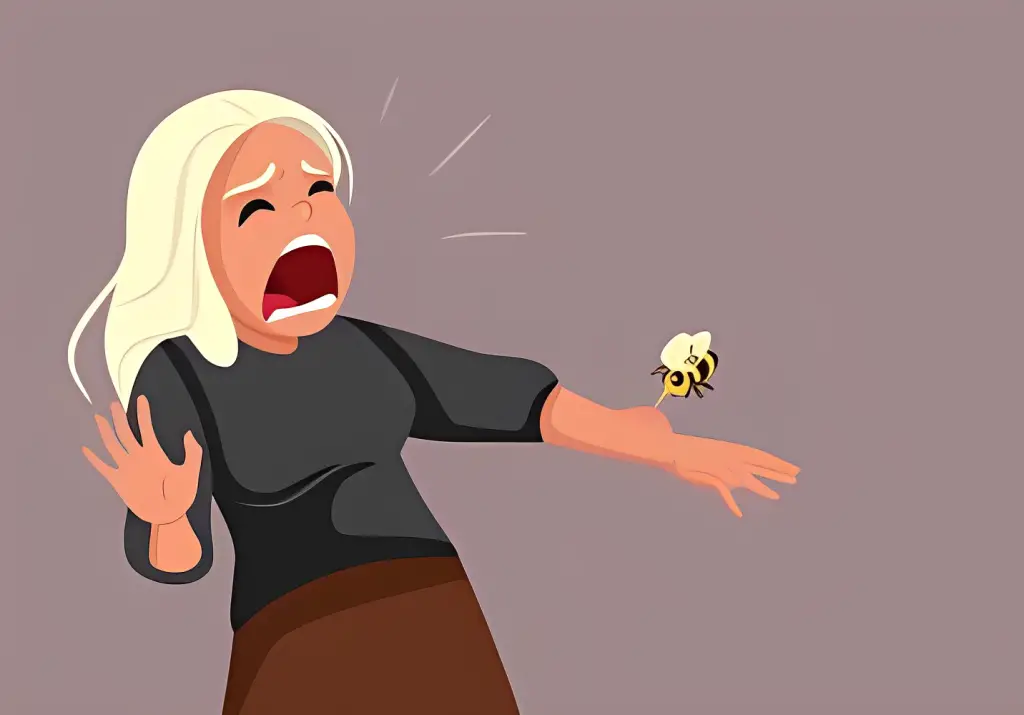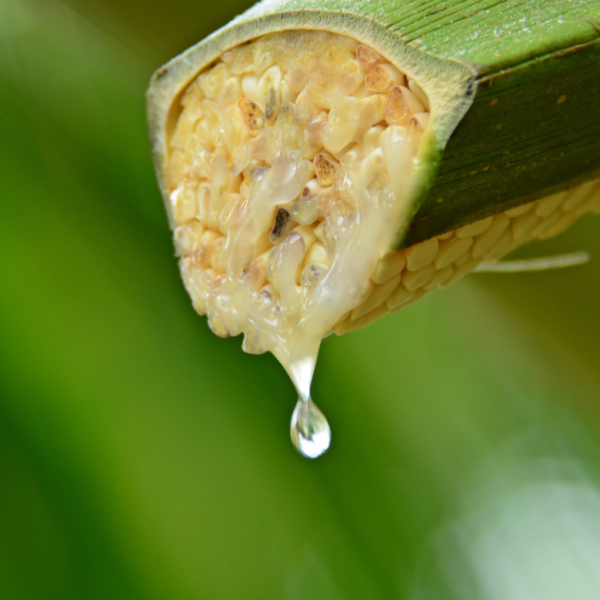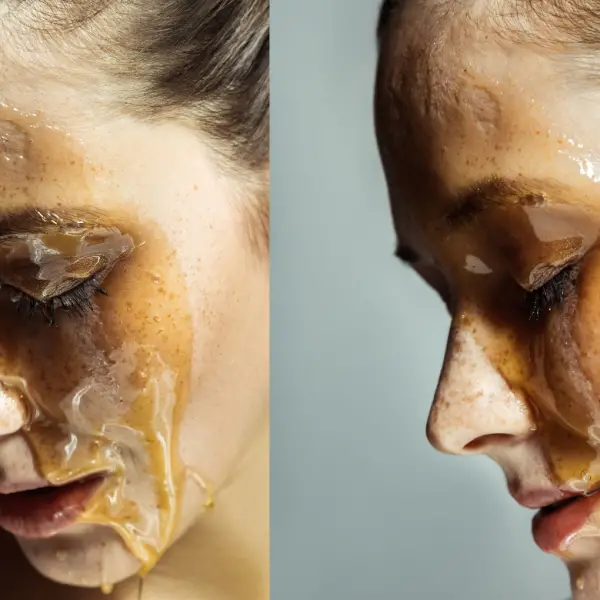The idea that bees are more aggressive toward beekeepers with diabetes is a myth without scientific basis. Bee behavior is primarily influenced by environmental conditions, hive health, and the actions of the beekeeper, rather than the beekeeper’s health status. The notion that bees can discern and react aggressively to individuals with diabetes lacks empirical support.

Beekeepers, regardless of their health status, should adhere to proper safety measures and beekeeping practices to minimize the risk of provoking aggressive behavior in bees. While individuals with diabetes need to manage their condition effectively when working with bees, there is no direct correlation between diabetes and heightened aggression from bees.
In essence, the claim that bees are more aggressive toward beekeepers with diabetes is unfounded. Beekeepers should focus on established safety measures and responsible beekeeping practices, irrespective of health conditions, to maintain a harmonious relationship with their bee colonies.
Do Individuals with Diabetes Face Greater Risks from Bee Stings?
The concern about whether individuals with diabetes are more vulnerable to the dangers of bee stings requires a closer examination of the potential health risks. Contrary to the myth suggesting heightened aggression, the focus here is on understanding if the damage from a bee sting poses greater risks to those managing diabetes compared to the general population.
Scientifically, there is no evidence supporting the idea that individuals with diabetes are at an increased risk of severe reactions to bee stings. Bee venom affects people differently based on factors like allergic reactions and overall health, rather than specific health conditions like diabetes. It is crucial for individuals with diabetes, as well as others, to take standard precautions to minimize the risk of bee stings.
In essence, managing diabetes does not inherently make someone more susceptible to the potentially harmful effects of a bee sting. The emphasis remains on general safety measures and understanding the universal risks associated with beekeeping, irrespective of one’s health condition.
Factors Influencing Bee Aggression towards Specific Individuals
Reasons for Bee Aggression | Likelihood |
|---|---|
1. Hive Disturbance | High |
2. Scent or Odor | Moderate |
3. Vibrations or Noise | Low |
4. Dark Clothing | Low |
5. Quick Movements | Moderate |
6. Provocative Actions | High |
7. Weather Conditions | Variable |
- Hive Disturbance: Bees can become aggressive if their hive is frequently disrupted or handled roughly during inspections. Minimizing unnecessary intrusion and using proper beekeeping techniques can help reduce aggression.
- Scent or Odor: Bees can be sensitive to strong scents, such as perfumes or lotions, which may provoke defensive behavior. Beekeepers are advised to use unscented products when working with bees.
- Vibrations or Noise: Sudden loud noises or vibrations near the hive can trigger a defensive response in bees. Beekeepers should work calmly and avoid loud disruptions around the hive.
- Dark Clothing: Bees may perceive dark-colored clothing as a threat, as it resembles predators or bears. Wearing lighter-colored clothing can help minimize the likelihood of aggressive behavior.
- Quick Movements: Rapid or erratic movements can elicit defensive reactions from bees, as they interpret such motions as potential threats. Beekeepers should move slowly and deliberately to avoid triggering aggression.
- Provocative Actions: Intentional swatting or disturbing of bees can lead to defensive behavior and increased aggression. Beekeepers should practice gentle handling and avoid actions that provoke the bees.
- Weather Conditions: Aggression levels may rise during adverse weather conditions, such as storms or high winds, as bees become more defensive to protect their hive. Beekeepers should exercise caution during unfavorable weather to minimize disturbances.
Recognizing Allergic Reactions
Beekeepers, regardless of their health conditions, should be vigilant about recognizing and responding to allergic reactions resulting from bee stings. Understanding the symptoms and taking prompt action can be crucial in mitigating potential risks. Here’s a guide to recognizing allergic reactions:
- Localized Reactions:
- Normal Reaction: Mild redness, swelling, and pain at the site of the sting are common and considered normal reactions.
- Concerning Signs: If the redness and swelling extend beyond the sting site or if there’s increasing pain, it may indicate a more severe reaction.
- Systemic Allergic Reactions:
- Normal Reaction: Some individuals may experience mild symptoms like headache or nausea after a bee sting.
- Concerning Signs: Watch for more severe systemic reactions such as difficulty breathing, chest tightness, hives, dizziness, or swelling of the face and throat. These can be indicative of an allergic response requiring immediate medical attention.
- Anaphylaxis:
- Normal Reaction: Anaphylaxis is a severe, life-threatening allergic reaction that can occur rapidly after a bee sting.
- Concerning Signs: Symptoms include difficulty breathing, a rapid drop in blood pressure, loss of consciousness, and a feeling of impending doom. If anaphylaxis is suspected, emergency medical services should be contacted immediately.
Conclusion
Dispelling the myth of increased bee aggression towards beekeepers with diabetes underscores the importance of evidence-based understanding in apiculture. Scientifically, there is no substantiated link between diabetes and heightened bee aggression. Instead, factors such as hive disturbance, scent, and provocative actions play pivotal roles in influencing bee behavior. Beekeepers, regardless of their health status, are urged to prioritize safety measures, wearing protective gear, and adopting responsible beekeeping practices. Recognizing the potential risks of bee stings, particularly for individuals with allergies, is paramount. By fostering awareness, promoting safety, and acknowledging the nuanced interactions between humans and bees, beekeeping can remain a fulfilling and enriching endeavor for enthusiasts of all backgrounds and health conditions.


